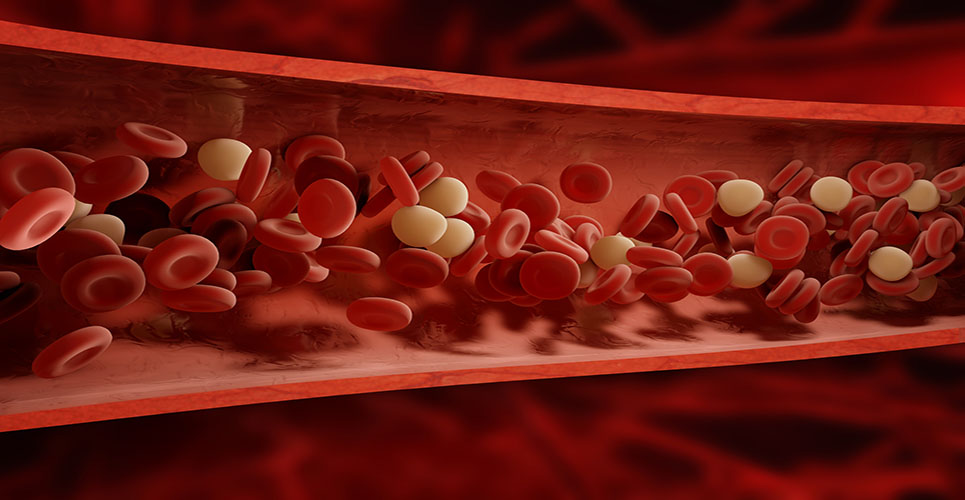Haematology
Hemolytic disorders are a group of conditions that affect the red blood cells (RBCs) in the body. These disorders occur when the RBCs are destroyed at a faster rate than they can be replaced, leading to a decrease in the number of RBCs in the bloodstream. Hemolytic anemia is a common type of hemolytic disorder that occurs when the RBCs are destroyed prematurely, causing a decrease in the number of functional RBCs in the body. This condition can be caused by a variety of factors, including genetic disorders, autoimmune disorders, infections, and certain medications.
One of the tests offered by this laboratory is the Hemolytic Profile, which is a diagnostic test used to determine the underlying cause of hemolytic anemia. This test measures various parameters of the RBCs, such as their size, shape, and hemoglobin content, to help identify the cause of the anemia. The test also evaluates the activity of certain enzymes and proteins that are involved in the destruction of RBCs, which can provide important clues about the underlying cause of the anemia.
In addition to the Hemolytic Profile, this laboratory also offers other tests to diagnose and monitor hemolytic disorders. These tests include a complete blood count (CBC) with differential, which measures the number and characteristics of different types of blood cells in the body, including RBCs. Other tests may include a reticulocyte count, which measures the number of young RBCs in the bloodstream, and a bilirubin test, which measures the amount of bilirubin in the blood. Bilirubin is a waste product produced by the breakdown of RBCs, and high levels of bilirubin in the blood can indicate hemolysis.
Overall, the Hemolytic Profile and other tests offered by this laboratory can provide valuable information about the underlying cause of hemolytic disorders, which can help guide treatment and improve patient outcomes.

This deals with the study of blood, blood components and blood diseases, by looking out for abnormal blood levels, reduced or excessive(polycythemia)blood in the body system and other abnormalities. Laboratory tests help to ascertain infections and immunity status of our patients (with the help of differential count). Offered service include FBC/Platelets, antenatal screen, blood group + Rhesus, ESR, HB/ Thal Screening, Heamolytic profit, genotype etc



